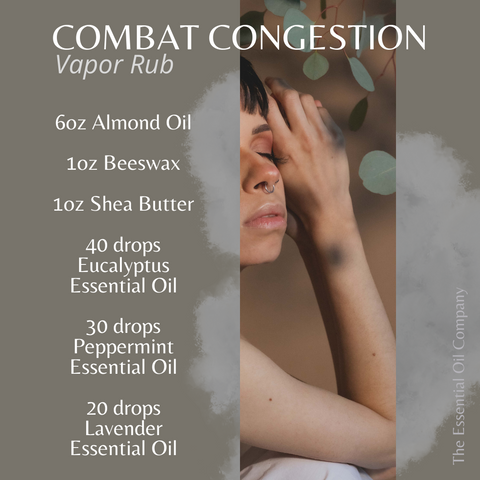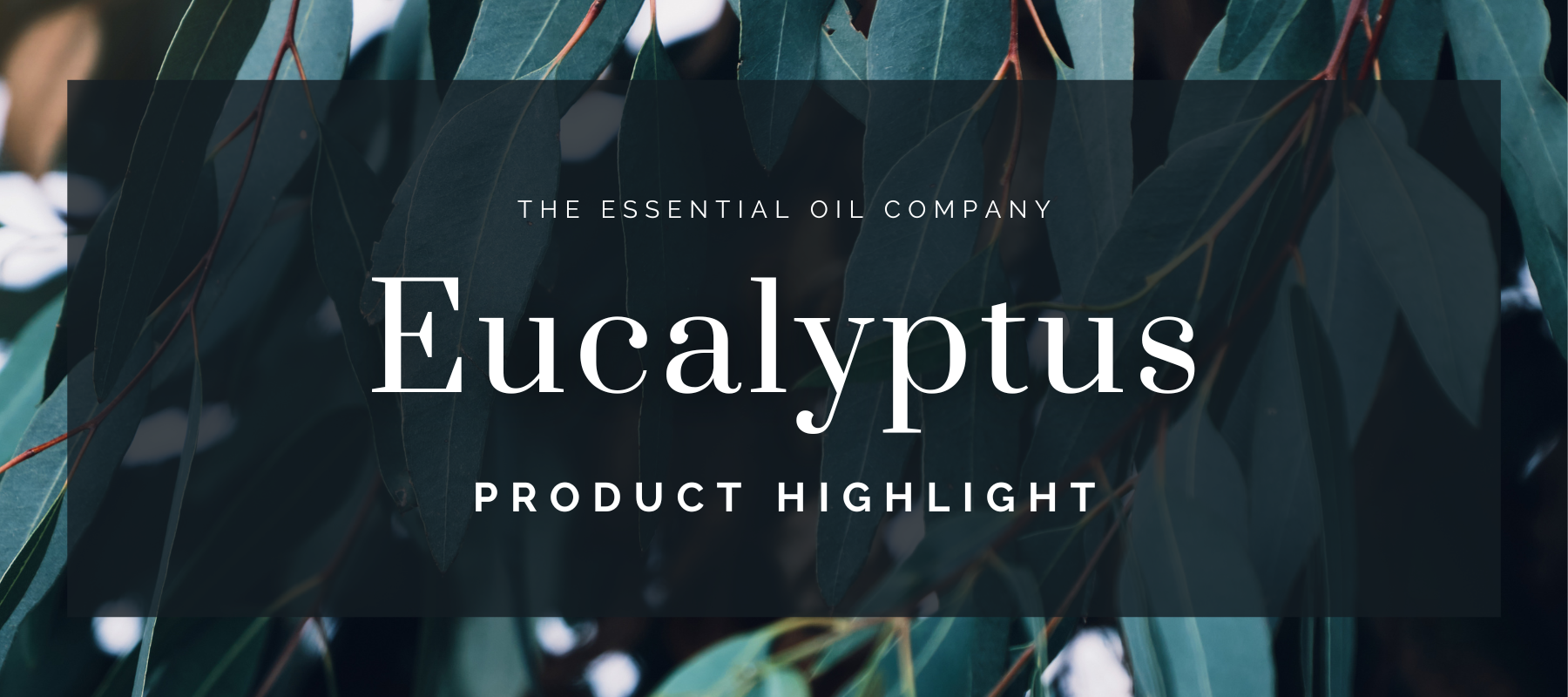Plant Details
Eucalyptus (Eucalyptus globulus), often referred to as blue gum or southern blue gum, is a tall evergreen tree in the Myrtaceae family. Eucalyptus is native to Australia and grows across areas of Tasmania, Victoria, and New South Wales. Eucalyptus trees typically grow to around 150 feet but can reach up to 300 feet tall in ideal growing conditions. Alternatively, the plant may also grow as a shorter, stunted shrub. The bark of the Eucalyptus tree is smooth and white to light brown. Eucalyptus leaves are oblong and lance-shaped with a smooth and glossy surface. The leaves are lighter colored on the lower surface when the tree is younger and become darker as it matures. Eucalyptus flowers vary from white to a dull grayish-green color. The flower buds are coarsely ribbed and remain closed by a cap that falls off during flowering. The inside of the flower contains many white stamens around the outside of a nectar secreting disk. The fruit of the Eucalyptus tree is small and woody with a conical shape.
History
Eucalyptus globulus and the many other varieties of trees in its family have been widely used in traditional and natural medicine for hundreds of years because of their many healing benefits. The name Eucalyptus globulus comes from the Latin word “globulus” which means small ball or sphere and refers to the round shape of the tree’s fruit. Eucalyptus was first utilized for these benefits by the native Aboriginal people of Australia, who referred to it as “kino”. They used Eucalyptus to help heal wounds, treat pain, reduce fevers, and ease colds and congestion. Eucalyptus essential oil has been used for its disinfectant and expectorant properties in areas across China, Greece, and parts of Europe as well as being utilized in Ayurvedic medicine. The knowledge of Eucalyptus’ many benefits and uses were often spread by word of mouth in times before mass media. An English legend tells the story of an English settler in Australia who cut his thumb with an axe and applied a bandage of Eucalyptus leaves to the wound. This treatment was advised by his father who had learned it from studying the folk medicine of the Aboriginal people. The story says that a doctor inspected the wound and was impressed by the speed of healing and lack of infection. Legends and stories such as this spread across Australia, leading pharmacists to begin commercially cultivating and distilling Eucalyptus. Surgeons began to use Eucalyptus essential oil for its antiseptic properties in the 1880s. Eucalyptus globulus was first formally described by a French botanist named Jacques Labillardière in his book, Relation du Voyage à la Recherche de la Pérouse in 1800. He collected specimens of the tree at Recherche Bay during the d'Entrecasteaux expedition in 1792. Eucalyptus was also utilized for timber to improve boats after the tree was discovered during this expedition.
Extraction
Eucalyptus that is cultivated for essential oil production is harvested when the leaves begin to feel firm and leathery. The leaves are often still harvested by hand to avoid damage to the tree and ensure maximum essential oil retention. The cut plant material is loaded directly to be transported to the distillation facility. Eucalyptus essential oil is extracted through steam distillation of fresh or partially dried leaves of the tree. Distilling fresh leaves lead to higher essential oil yield so the time between harvest and distillation is kept as short as possible. Oil yield is typically around 1 to 3 percent of the weight of fresh plant material. The resulting essential oil is thin and clear with a fresh, camphorous, and slightly woody aroma.
Benefits and Uses
Eucalyptus essential oil, when used in aromatherapy, can provide a much-needed refreshing boost to the body and mind. It works to increase circulation to the brain to help relieve mental exhaustion and stimulate the mind. Eucalyptus can also ease feelings of tension and nervousness while enhancing feelings of relaxation. While relaxing, eucalyptus may also combat fatigue and soothe headaches. Eucalyptus oil has powerful expectorant properties that make it effective in relieving congestion and clearing nasal passageways. It also helps to soothe respiratory infections and eliminate harmful airborne bacteria that contribute to congestion and illness.
When diluted and used topically, Eucalyptus soothes irritated skin and helps to relieve pain thanks to its antiseptic and analgesic properties. It helps to protect wounds from infection by eliminating bacteria in wounds and easing inflammation. This combined with Eucalyptus’ ability to inhibit bleeding leads it to promote faster healing overall. The anti-inflammatory and pain-relieving properties of Eucalyptus combine with its natural cooling sensation on the skin to make it helpful for soothing sunburn. Antioxidants in Eucalyptus can help to protect our skin from damage caused by environmental elements. It may also help to soothe and moisturize dry skin by increasing ceramide levels in the skin while soothing irritation that may cause dryness. Eucalyptus may also provide relief to stiff and sore muscles. Its anti-inflammatory properties help revitalize tired muscles with soothing aches and improving movement. Eucalyptus essential also contains properties that make it beneficial for the hair and scalp. It works to moisturize the scalp, helping to reduce dandruff while soothing a dry and itchy scalp. By reducing inflammation in the scalp and increasing circulation to the area, Eucalyptus can help to boost hair growth and lead to shinier, healthier hair. Eucalyptus essential oil is an excellent addition to home cleaning products due to its antimicrobial properties and ability to cut through dirt and grime. It helps to combat mold and bacteria that can contribute to illness and respiratory issues from the air and surfaces in the home. Eucalyptus also works to freshen the air by eliminating unwanted odors and leaving behind a fresh and clean scent.
Below are some of our favorite recipes using Eucalyptus Essential Oil...

Mental Refresher Diffuser Blend
Ingredients
- 4 drops of Eucalyptus Essential Oil
- 3 drops of Bergamot Essential Oil
- 2 drops of Frankincense Essential Oil
Instructions
Add water to your diffuser up to the fill line. Add drops of the essential oil blend. This diffuser blend recipe is formulated for a 200ml ultrasonic diffuser. Adjust the amount according to size and directions of your diffuser.

Combat Congestion Vapor Rub
Ingredients
- 6oz Sweet Almond Oil
- 1oz Beeswax Pearls
- 1oz Shea Butter
- 40 drops Eucalyptus Essential Oil
- 30 drops Peppermint Essential Oil
- 20 drops Lavender Essential Oil
Instructions
Add beeswax and shea butter to a heat-safe bowl and place on top of a pot with a few inches of water in it. Bring the water to a boil and stir until fully melted. Remove from heat and stir in sweet almond oil and essential oil blend. Pour immediately into your container of choice, metal tins or small shallow jars work best. Allow to cool and harden for several hours before using. Massage a small amount gently into the chest to help break up congestion and promote easier breathing.

Clean and Healthy Home Fabric Spray
Ingredients
- 4oz Amber Glass Bottle with Spray Top
- 2oz High Percentage Alcohol
- 2 oz Witch Hazel Extract
- 25 drops Eucalyptus Essential Oil
- 15 drops Lemon Essential Oil
- 10 drops Tea Tree Essential Oil
Instructions
Add 2oz of high percentage alcohol to the bottle. Add the essential oils and fill the remainder of the bottle with witch hazel, leaving a little space at the top. Shake well before each use. Spray on linens, upholstery, and drapes to help eliminate bacteria and odors in the home.

Super Soother First Aid Spray
Ingredients
- 4oz Amber Glass Bottle with spray top
- 2oz Witch Hazel
- 1oz Aloe Vera Oil
- 1oz Distilled Water
- 30 drops Eucalyptus Essential Oil
- 20 drops Lavender Essential Oil
Instructions
Add all the ingredients to the bottle and shake well to combine. Spray on minor cuts, scrapes, or sunburns to help ease pain and reduce inflammation.

Moisturizing Scalp Oil
Ingredients
- 2 ounce Amber Bottle with Dropper
- 1 ounce Sweet Almond Oil
- 1 ounce Jojoba Oil
- 10 drops Eucalyptus Essential Oil
- 10 drops Rosemary Essential Oil
- 5 drops Chamomile Essential Oil
Instructions
Add all ingredients to the bottle and give it a good shake to combine. Massage a few drops into the scalp to help combat dandruff and soothe and moisturize the scalp.






